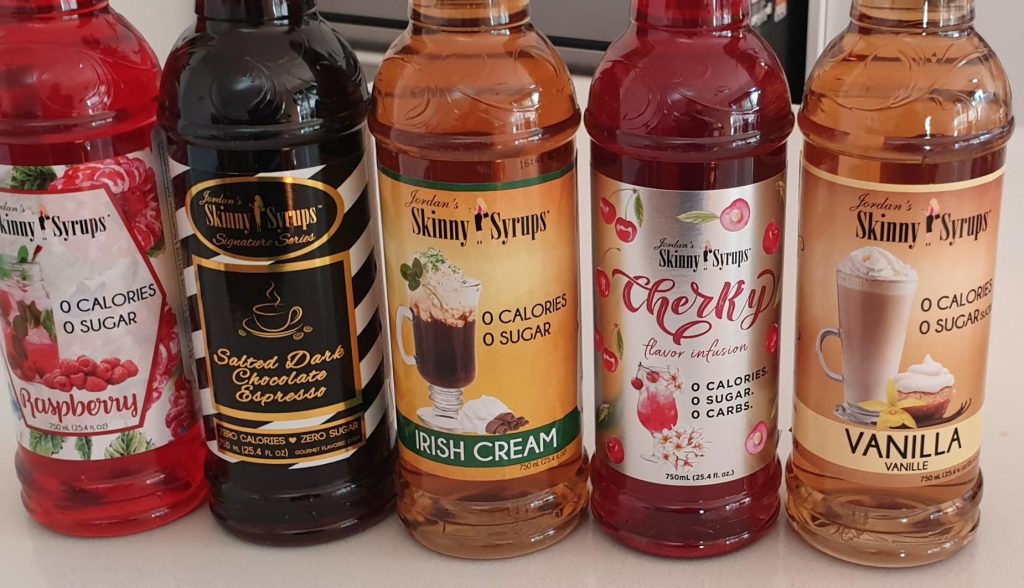Due to its potential for weight loss and blood sugar control, the ketogenic diet is growing in popularity. According to preliminary research, this low-carb, high-fat diet may also be used to treat cancer, Alzheimer’s disease, and other disorders. More research is needed to determine the keto diet’s long-term safety and efficacy.
On the ketogenic diet, carbs are limited to 20–50 grams per day. While some keto dieters monitor net carbohydrates, others monitor total carbs. Net carbohydrates are total carbohydrates with less fiber. Since fiber is indigestible, your body cannot utilize it. This diet may initially seem challenging, yet it enables people to consume a range of nutritious foods.
Seafood
Fish and shellfish are fantastic keto food choices. Salmon and other fish are nearly carb-free and high in B vitamins, potassium, and selenium. However, the carbohydrate amount of shellfish varies depending on the kind. Unlike shrimp and the majority of crabs, oysters and octopuses contain carbs. You can still consume these things while following the ketogenic diet, but you’ll need to monitor your carb intake to stay inside your daily carb limit. Furthermore, in those who are overweight or obese, omega-3 fats from foods like salmon, sardines, mackerel, and other fatty fish have been related to lower insulin levels and higher insulin sensitivity. Consuming fish is linked to healthier brain function and lower disease risk.

Poultry and meat
Wisdom Foods like meat and poultry are included as staple foods in an excellent keto resource. Fresh meat and poultry are high in B vitamins and minerals and low in carbs. They’re also a good source of high-quality protein, which may help you stick to a low-carb diet while maintaining your muscle mass. When compared to eating a low-fat, high-carb diet, consuming fatty meat raised HDL (good) cholesterol levels by 8%, according to a small study of older women. Choose grass-fed meat over grain-fed meat if at all possible because it has more omega-3 fats and conjugated linoleic acid (CLA).
Peppers
All varieties of peppers are acceptable in a ketogenic diet. They are prepared like vegetables even though they are actually fruits. Jalapenos are ideal for keto appetizers, and other small hot peppers give meals a kick. Larger, milder peppers, including bell peppers and poblanos, can be stuffed to create exquisite low-carb main dishes or used in a number of cuisines. For instance, one bell pepper has 107 percent of the daily value (DV) for vitamin C.
The ketogenic diet may help with blood sugar regulation, weight loss, and other health objectives. Its low-carb, high-fat approach, however, could initially seem overly restrictive. However, this eating strategy enables you to consume a wide range of wholesome, enjoyable, and adaptable foods while staying within your daily carbohydrate allowance.

